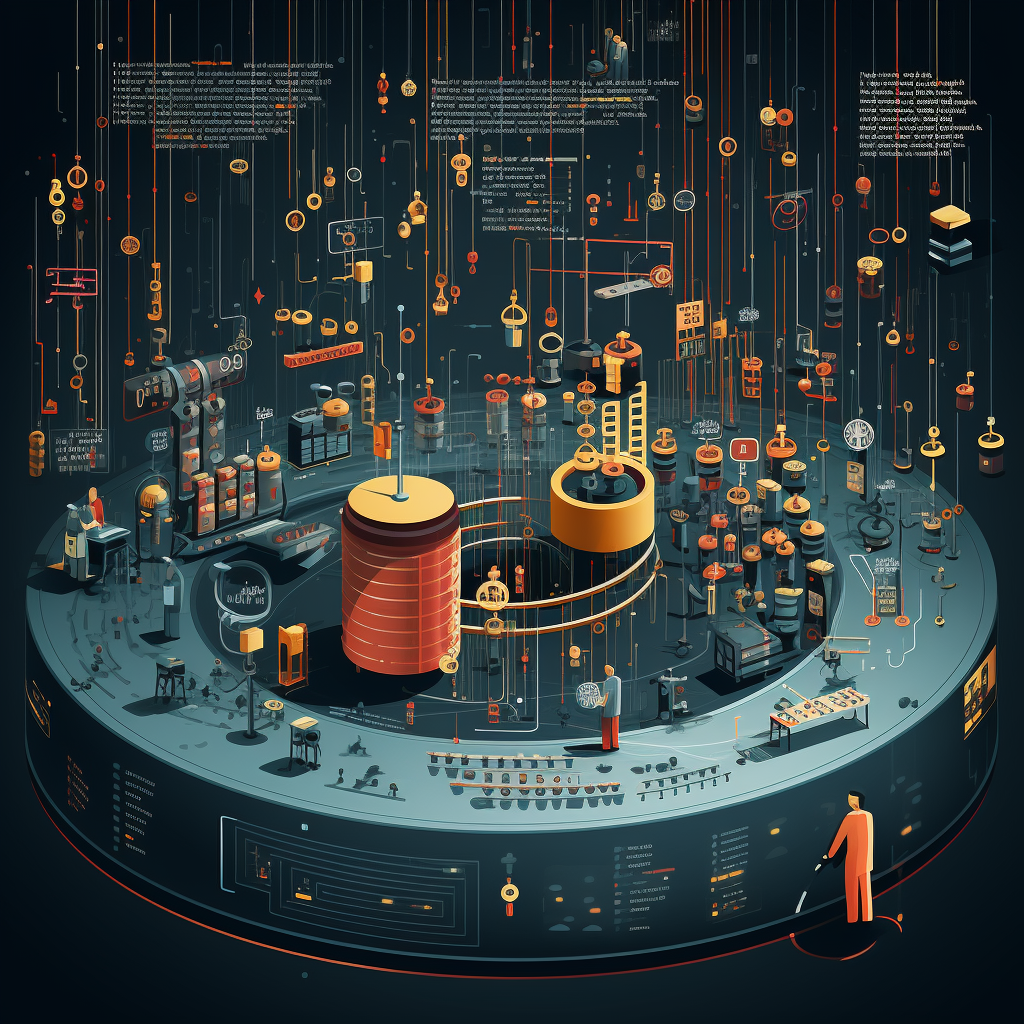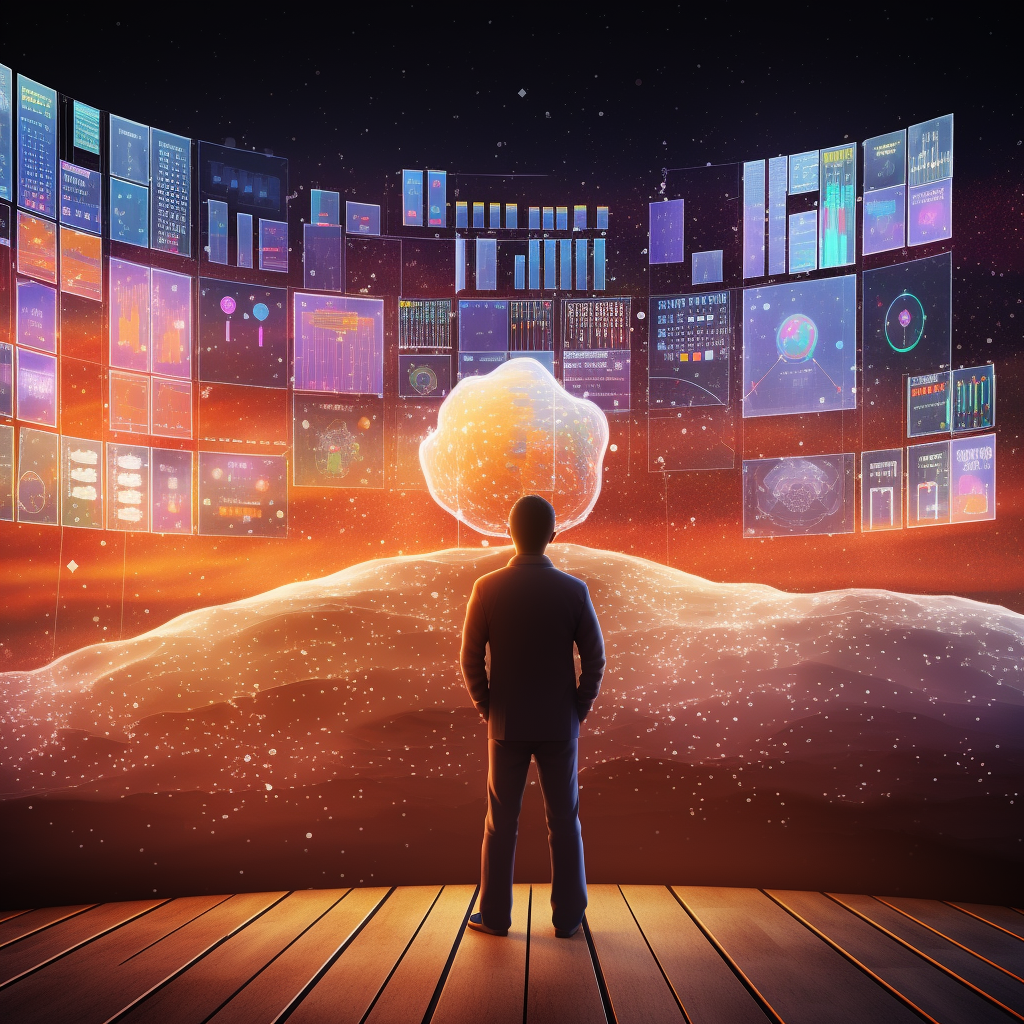If You Think AI in Marketing is Sh*t, You Are Probably Sh*t at It
James Procter
It's time to look beyond the surface. It's not about the tool; it's about how you use it.
It’s just an opinion… but,
OK, so here’s the gist of where I’m coming from. I’ve noticed quite a lot of ‘Marketing influencers’ talking down AI and Generative AI in marketing. Claiming it’s just a “fad” and ridiculously comparing it to things like the metaverse and Web-3. I can understand the frustration. Many may have had a play with some tools and not gotten what they were looking for. But here’s a reality check: the problem isn’t the technology; it’s how it’s being used. Let’s break it down into two main areas: data inputs and human inputs.
Data Inputs: Garbage In, Garbage Out

This is a huge issue. A lot of people just expect that large language models will have more of an understanding and more data than they do. A study by IBM found that poor data quality costs businesses $3.1 trillion annually in the U.S. alone. If the data used to train the model isn’t fit for purpose, don’t blame the AI for the average results.
- Specificity Matters: General data won’t cut it. You need specific, relevant data tailored to your marketing goals. The difference is in the details.
- Quality Over Quantity: More data isn’t always better. It’s about the quality and relevance of the data. A report by Forrester emphasises the importance of data integrity in AI success.
Human Inputs: The Art and Science of AI

AI isn’t a set-it-and-forget-it tool. It requires human expertise, creativity, and understanding. It’s a blend of art and science, and if you’re missing either, you’re missing the mark.
- Understanding the Technology: Knowing the platform, prompt crafting, and the underlying mechanics of AI is crucial. This is a skill and it’s changing everyday. More and more this will rely on the ability to communicate- both people to people and people to machine.
- Strategic/Creative/Marketing Overlay: AI isn’t a replacement for human creativity and strategic thinking. It’s an enhancement. Harvard Business Review highlights how companies like Netflix use AI to augment human creativity, not replace it. It’s about harmonising the machine’s efficiency with human intuition and experience.
So, there it is. If you think AI in marketing is sh*t, it’s time to look beyond the surface. It’s not about the tool; it’s about how you use it. From the quality and specificity of the data inputs to the human expertise and creativity that guide it, AI in marketing is a rapidly evolving space that’s going to be a big part of our future.
If you want to know more about AI, how we use it for ourselves and our clients, feel free to reach out at [email protected] and we can talk about the unique data sets we find incredibly useful or what we look for in the people that we work with.
